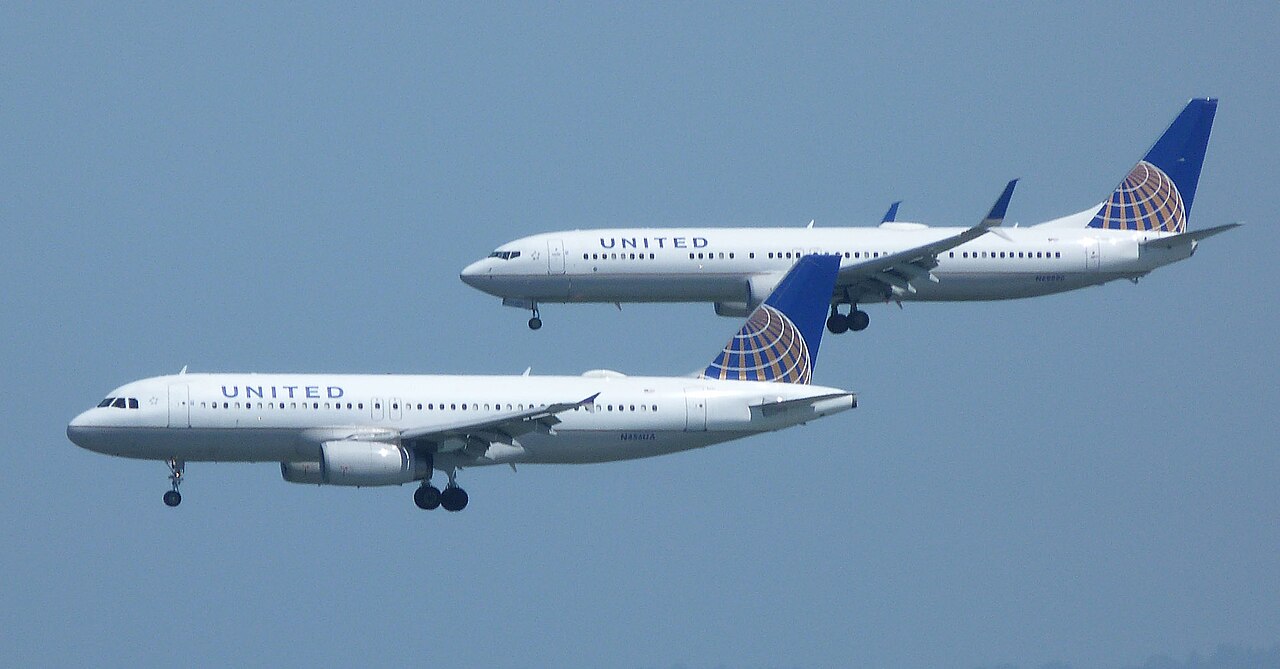Airbus Surpasses Boeing in Orders, Deliveries and Profits

The long-standing rivalry between Airbus and Boeing has taken a new turn, as Europe’s Airbus continues to outpace its American counterpart across key performance metrics. Despite entering the market decades after Boeing, Airbus has emerged as the world’s leading commercial aircraft manufacturer in recent years, outperforming Boeing in net profits, aircraft deliveries, orders, and overall backlog.
At the center of Airbus’ recent success is the A321neo, a fuel-efficient, single-aisle aircraft that has become one of the most in-demand models globally. The A321neo is part of the A320 family, which directly competes with Boeing’s 737 family—the best-selling aircraft series for both manufacturers. While both aircraft families are core to the companies’ revenues, Airbus has capitalized on shifting market trends and ongoing reliability concerns facing Boeing.
Boeing, once the undisputed leader in the commercial aviation market, has been plagued by a series of high-profile setbacks over the past several years. These include the grounding of the 737 MAX following two fatal crashes, quality control issues across various programs, and ongoing production slowdowns. These challenges have eroded confidence among both airlines and investors, allowing Airbus to close the gap and ultimately surpass Boeing in several categories.
According to industry analysts, Airbus has delivered more aircraft than Boeing annually since 2019 and has consistently led in net new orders and financial performance. The European manufacturer’s strong backlog reflects robust demand for its aircraft, particularly in the single-aisle segment, which remains the backbone of short- and medium-haul global travel.
Airbus’ strategy of incremental innovation and program stability has proven effective, especially in contrast to Boeing’s more turbulent path in recent years. While Boeing is working to stabilize its production lines and restore customer confidence, the company faces continued scrutiny from regulators and airline partners.
Today, Airbus and Boeing together account for more than 75% of the world’s commercial aircraft fleet, underscoring the duopoly that has defined the global aerospace industry for decades. Both manufacturers continue to battle for dominance across various segments—from narrow-body and wide-body jets to future technologies like hydrogen propulsion and next-generation composite materials.
The competition between the A320neo and the 737 MAX remains the most intense area of rivalry. While Boeing has made progress in returning the MAX to service and regaining customer trust, Airbus’ A321neo has become the preferred choice for many airlines seeking range flexibility, improved fuel efficiency, and capacity without switching to widebody aircraft.
Looking ahead, the race between Airbus and Boeing is far from over. Boeing is expected to launch new aircraft programs in the coming years to counter Airbus’ lead, while Airbus continues to explore sustainable aviation initiatives and potential further expansion of its aircraft portfolio.
As of now, Airbus holds the upper hand, benefiting from its strategic focus, successful product lineup, and a relatively smooth operational trajectory in contrast to Boeing’s crisis-laden recent history. Whether Airbus can maintain its lead will depend on how both companies navigate evolving market dynamics, regulatory pressures, and global airline demand in the years ahead.
Related News : https://airguide.info/?s=Boeing, https://airguide.info/?s=airbus, https://airguide.info/category/air-travel-business/aircraft-finance/
Sources: AirGuide Business airguide.info, bing.com, cnbc.com
